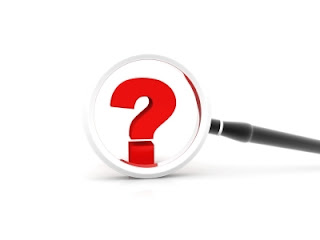The
day I realized I was not perfect was the first day I actually started growing.
I remember the day very clearly. I was 2 months off being 20, I was running my
own business and had for the best part of 18 months been selling my ass off
making what I thought was amazing money.
I
thought “I am s@#t hot, I’ve got this whole business thing nailed, I am going
to be a millionaire by the time I am 25!”
Tax
time came. My first since I had started generating good turnover (damn I am
going to being paying through the nose), bloody tax man.
Then came the reality check – my business was running at a loss with expenses and operating costs higher than revenue.
Then came the reality check – my business was running at a loss with expenses and operating costs higher than revenue.
The
realisation hit me hard, my ego was severely bruised and it took several
discussions with mentors and friends before I truly accepted the reality. However once I had, I finally started to grow
as a businessman.
The
following year I actually made some money, but what I learnt in that moment of
enlightenment is that the moment you think you know everything, you start going
backwards.
Every
year since, I have made it a habit to sit down, at least twice a year, and self-assess.
Every time I do so I find “opportunities for growth” and remind myself I am NOT
perfect… But I am little closer then I was last time!




